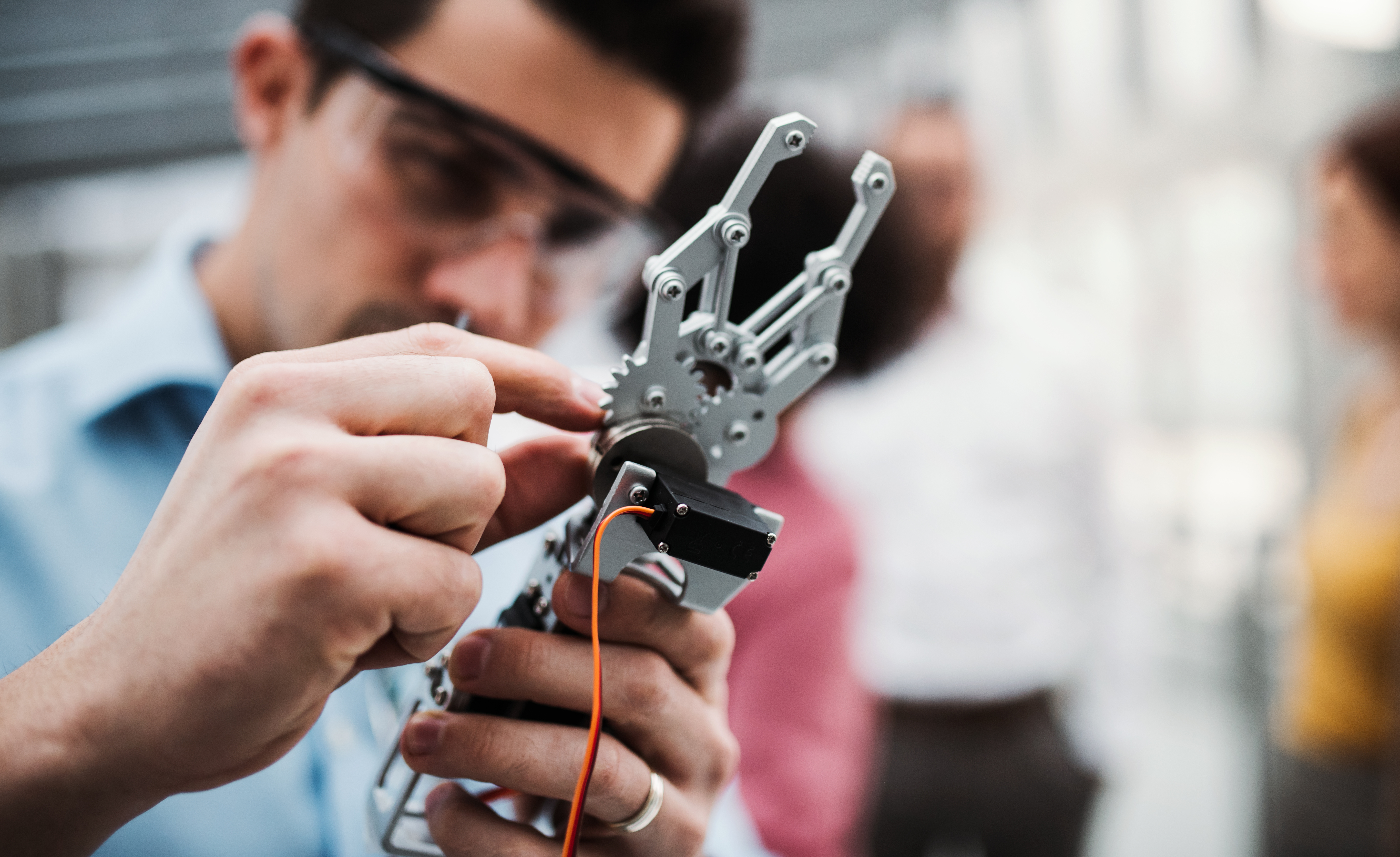Inventors
Independent inventors fuel innovation, inspire investment and create new businesses and jobs. Securing patent protection, however, poses a significant hurdle for independent inventors as they try to turn an idea into a commercially viable product. Seeing an opportunity to help, LegalCORPS started the Inventor Assistance Program, the first and longest running patent pro bono program in the United States at the request of and with encouragement from the U.S. Patent & Trademark Office (USPTO).
The LegalCORPS IAP allows inventors from Minnesota, North Dakota, South Dakota, Iowa and Wisconsin with original ideas to overcome one of the greatest financial roadblocks to bringing new innovations to market. We can provide assistance with U.S. patents only.
We help inventors through the process by providing an array of services for people who are just beginning to those who are further along in their journey to filing. Our FAQs provides answers to both general patent questions and specific questions about our program. Read on to find out how we can help you with getting your invention patented.
Ways We Can Help Inventors
Registration Requirement
Prior to your brief advice by phone consultation, you will be required to complete an intake form. Besides providing identifying information, you will need to sign the acknowledgment of the limits of the attorney-client relationship that the brief consultation will create. For statistical purposes, LegalCORPS collects demographic information which we report in aggregate to potential funders.
Minnesota
1st Tuesday of the month from 3:00 p.m. to 5:00 p.m.
4th Friday of each month from 9:00 a.m. to 11:00 a.m.
Wisconsin
Last Thursday of the month from 3:00 p.m. to 4:00 p.m.
Last Wednesday of the month from 3:00 p.m. to 5:00 p.m. in person at the Milwaukee Public Library.
All States
1st Thursday of each month from noon to 1:00 p.m.
3rd Tuesday of each month from noon to 1:00 p.m.

